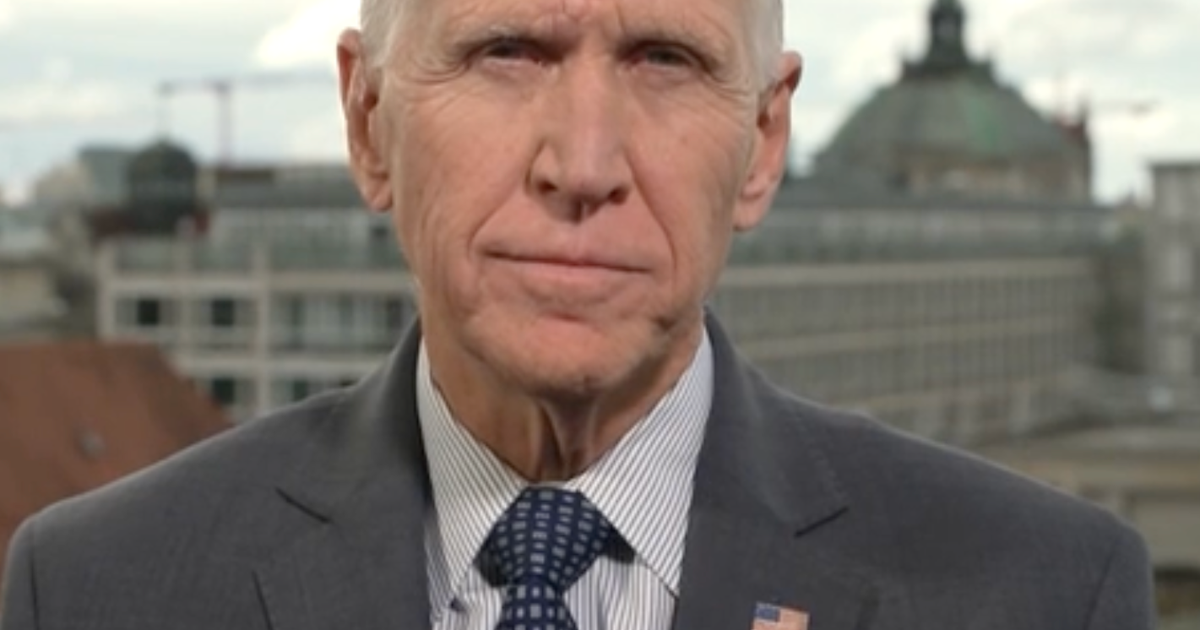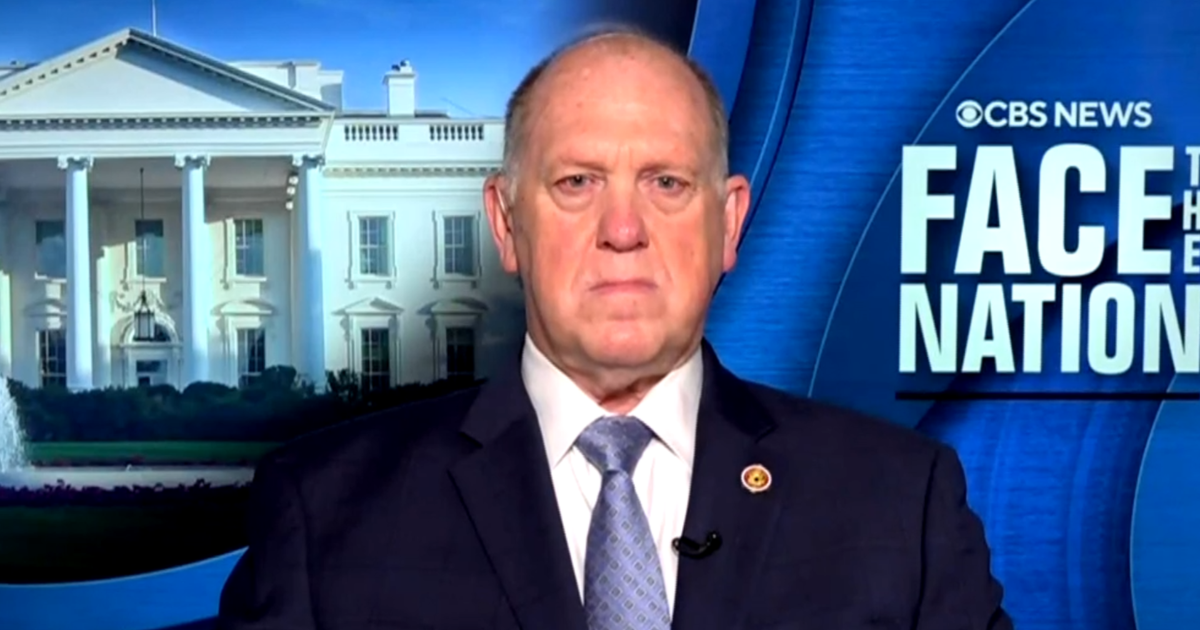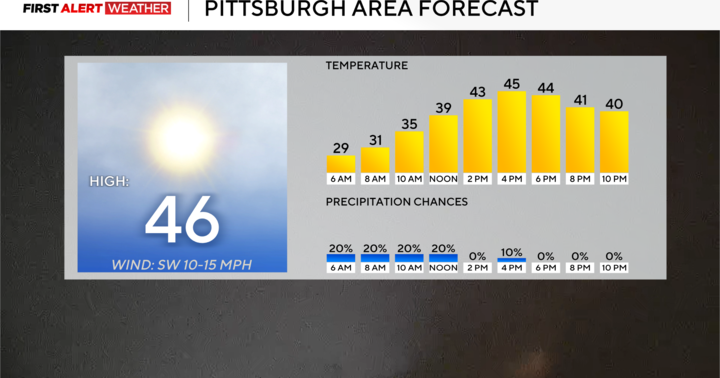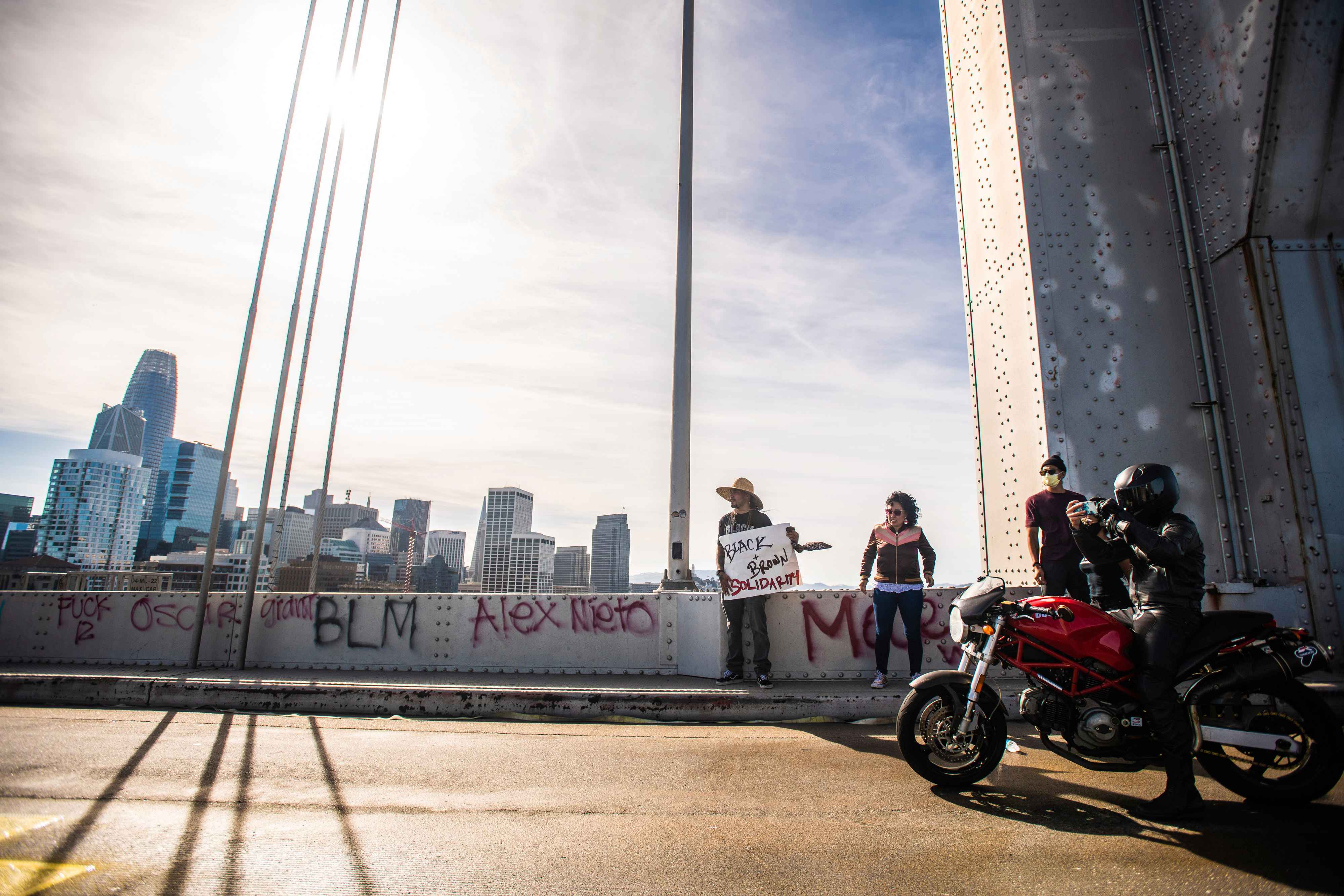Transcript: London Breed on "Face the Nation," April 26, 2020
The following is a transcript of an interview with San Francisco Mayor London Breed that aired Sunday, April 26, 2020, on "Face the Nation."
MARGARET BRENNAN: We go now to San Francisco, the first metro area to issue a shelter-in-place order. That city now on day 41, and the order may be extended past early May. We're joined now by Mayor London Breed. Good morning to you, Mayor.
SAN FRANCISCO MAYOR LONDON BREED: Good morning.
MARGARET BRENNAN: As we said, San Francisco acted first. We also know you have also since mandated masks being worn. I'm wondering, what is it that you are seeing that other leaders around the country have not?
MAYOR BREED: Well, I-I think the biggest challenge we have is we need to make sure that we are looking at the facts and the data from our public health experts so that we can make good decisions to protect public health. The challenges that we face still around PPE, around testing kits is just absolutely insane. We have known that this crisis was coming to our country for a long time now, and the fact that as of April, we're still having the same conversations about the challenges. I know that most cities are seeing the same data I'm seeing that if we do absolutely nothing, it gets worse. And so that's really why we have been really a lot more aggressive maybe than- than other areas, because we wanted to make sure that it doesn't. When you think about San Francisco, we have the University of California, San Francisco, we have a number of other hospitals. And the fact is, if we did absolutely nothing and there was a surge, we wouldn't have enough hospital beds, enough ICU rooms, enough ventilators to serve the population if we did absolutely nothing, which should alarm any mayor in any city.
MARGARET BRENNAN: You've said you have a hard time getting protective gear. And I've read that some of that was diverted to- to China. Who's seizing this? Why do I have a hard time getting it?
MAYOR BREED: Well, there was a shipment that was on its way that we had purchased that was actually diverted from China to France. We- FEMA has the ability to confiscate some of the PPE at the border, which has occurred. It's been very difficult, and then sometimes getting things through customs or needing to use a ship rather than a plane and so we have been resourceful. We are lucky to have incredible people like Marc Benioff, who has really helped to work with UCSF, University of California, San Francisco, to get PPE and to bring it to the hospital and we've shared our resources with one another. But the fact is, this should be a federal coordinated effort.
MARGARET BRENNAN: Yeah.
MAYOR BREED: We should not still be having these conversations, which is a big reason why we have to put these shelter-in-place orders, because we don't have the resources that we need to keep people safe, especially around testing.
MARGARET BRENNAN: You know, one of the things we learned this week was that the CDC had confirmed that the first death from COVID-19 was actually far earlier and in a different place than had been previously reported. It was actually in the Bay Area, February 6th, where a woman passed away. What does that tell you? What do you know about how long this virus was actually circulating in your area?
MAYOR BREED: Well, it gives us an indication, I know that the governor has asked to do more testing of people who passed away during earlier periods before we had cases in order to determine whether or not they were COVID positive. In fact, one of our first cases of someone who passed away, who we declared is someone who passed away from COVID, actually passed away from a heart attack, and once we found out that their mom, who was in the same household, was diagnosed with COVID-19, we went back and tested this individual and discovered that they had it as well. So I think that it had been in the community for some time, but again, the lack of testing and resources available made it difficult to really get the facts around who was actually- who had actually contracted COVID-19 before we started to announce the numbers.
MARGARET BRENNAN: There is a lot of travel from Asia into your region of the country. How much did the president's ban on travel from China benefit, and how much did it hurt that there wasn't a simultaneous one with Europe, that you had to wait for that?
MAYOR BREED: Well, I'm not necessarily certain if that had an impact, because I will say that we were already focused on trying to prepare for what we expected would happen in San Francisco. We have been monitoring this situation since December of last year. We set in place a declaration of emergency back in February. We operated our emergency operations center because of those relationships between people who live in San Francisco and their relatives and their friends in various parts of China. And we had experience, sadly, a lot of xenophobia against our Chinese community early on. I mean, basically, Chinatown was a ghost town in the month of January. And so, we had been keeping an eye on this and making adjustments in order to prepare our city for what we knew was actually coming here. And--
MARGARET BRENNAN: OK.
MAYOR BREED: --and I'm not certain really what the- yes. so.
MARGARET BRENNAN: OK. Thank you very much, Mayor, for joining us this morning and telling your story.
MAYOR BREED: Thank you.



